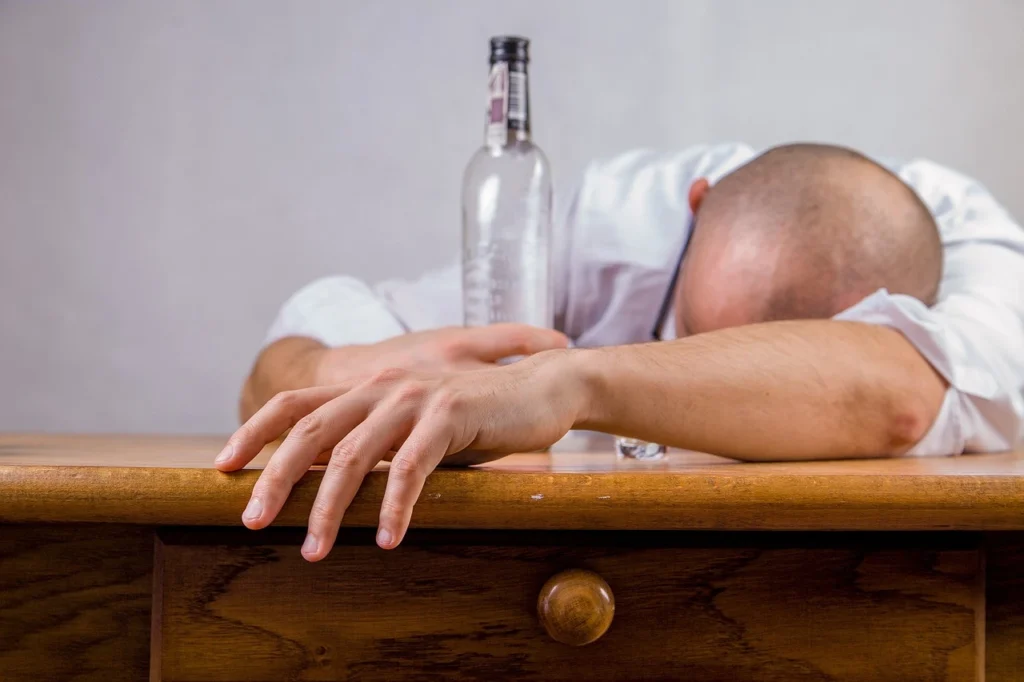In this the Research shows that alcohol and tobacco use are major participants in deaths in the United States, with roughly 50% of all deaths linked to these substances. 1 month post ibogaine therapy, 50% of patients displaying no opioid use compared to 18% with buprenorphine use. Ibogaine was also related to decreases in depressive symptoms and improvement in 7 life areas that are commonly affected by OUD.
The study also revealed that 15.1 million adults in this age group are struggling with alcohol use disorder. Alcohol use is general and challenging to address. It is lawful and easily accessible across the U.S. making it difficult for individuals to avoid risk to alcohol, which is often encourage through announcements and available in many social settings. For those unable to manage their alcohol cravings, the effect can be severe and even life-dangerous.
As a depressant and neurotoxin alcohol impacts both the body and the brain. Alcohol addiction can lead to feelings of self hate and hopelessness. Long term excessive drinking can cause significant harm, leading to serious physical, mental, and psychological damage. In the end, alcohol addiction can severely deteriorate a person’s overall well-being.

Does ibogaine work for alcohol:
Ibogaine can help reduce the urge to drink alcohol. It works by increasing a brain protein called GDNF which helps ease the removal symptoms that come with alcohol stop. After the primary ibogaine treatment another compound called Noribogaine is used. This helps in further reducing alcohol desires and can also relieve symptoms of depression.
During the treatment some people feel visions or intense thoughtful insights. Ibogaine may promote neuroplasticity and help create new pathways for behavior This benefits them explore and understand the reasons behind their alcohol addiction. By deal the root causes of drug addiction and providing tools for emotional and mental healing ibogaine treatment can help people make lasting changes and find better ways to manage their alcohol use.
What are the symbols of alcoholism?
A person can often diagnose an alcohol addiction on himself. There are following symptoms which are used to reduce alcohol addiction
- Persons struggling with alcohol addiction often fail to see the magnitude of their problem. In spite of the negative effects on their life they may not recognize how their drinking habits are causing harm.
- a person with alcohol addiction builds up a tolerance. This means they need to drink more alcohol to accomplish the same effects they once experienced with smaller amounts. This growing tolerance can make the addiction harder to break.
- As the effects of alcohol wear off, individuals may experience various physical indications such as sweating fatigue and shaking. These symptoms can be embarrassing and are a sign of the body’s dependency on alcohol.
- Many people with alcohol addiction find it particularly difficult to stop drinking even if they honestly want to. obsession to drink can be overwhelming and difficult to control. Alcohol often occupies a person’s thoughts. They may constantly think about drinking and look for reasons or opportunities to consume alcohol. This preoccupation can take over their daily life and responsibilities.

Problems in Treating Alcohol Addiction
One of the major problems in treating alcohol addiction is the general availability of alcohol. It is easy to access and exhaust, which can make it difficult for individuals to avoid it and focus on their recovery.
The alcohol industry exerts significant influence through lobbying and marketing. This authority can make it harder for people to acknowledge and address their addiction, as the industry promotes alcohol consumption and downplays its risks.
Alcohol addiction is disreputable difficult to overcome. The persistent nature of addiction means that even after initial treatment, maintaining sobriety can be a continuous challenge. A relapse can occur easily if not managed carefully.
Dangers of Alcohol Retirement
Removal from alcohol can be dangerous and life threatening, especially for those who have been heavy drinkers for extended periods. Symptoms can start as soon as a few hours after the last drink and can range from mild nervousness and shaking to severe conditions.
How does alcohol detox disrupt the body?
Heavy long drinking interrupts the brain chemical messengers that help send important messages throughout the body. One key signaling molecule is GAMMA AMINOBUTYRIC ACID, which helps you feel calm and relaxed. When someone drinks heavily for a long time their brain starts to need more alcohol to carry out the same effects. During alcohol detox, the body tries to return to normal and restore its natural production of GABA. The intensity of alcohol withdrawal symptoms can vary from person to person..
Timeline :
- 6 to 12 Hours Afterwards Last Drink: Removal symptoms usually begin inside this time shape. These early symptoms can include sleeplessness, nausea, vomiting, sweating, and anxiety. Symptoms may even start while there is still alcohol in the bloodstream.
- 12 to 24 Hours After Last Drink: Symptoms can become more intense during this period. Hallucinations, such as hearing feelings or seeing things that aren’t there, may occur.
Duration of Removal: The full process of alcohol withdrawal can last from a few hours to a few weeks. On average, most withdrawal symptoms improve within about five to seven days after the last drink.

Conclusions
Ibogaine stands out among psychedelics because of its intense, long-lasting, and reflective experience, making it a powerful tool for treating addiction.one of the unique aspects of ibogaine treatment is its spiritual component. During the treatment some people experience illusions or intense thoughtful insights. This helps them examine and understand the reasons behind their alcohol addiction. Ibogaine is a dissociative psychedelic with oneiric properties that has multiple aforementioned anti addictive mechanisms which target the stages of the addiction cycle, including the withdrawal/negative affect and the preoccupation/anticipation of the rewarding effects of abused substances. There is growing interest in using psychedelics for mental health treatment, with ibogaine being one of the substances getting more attention. but scientific, regulatory, and safety challenges need to be resolved before it can be widely accepted in mainstream therapy